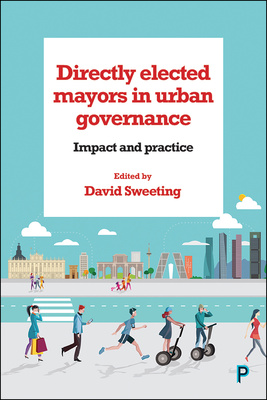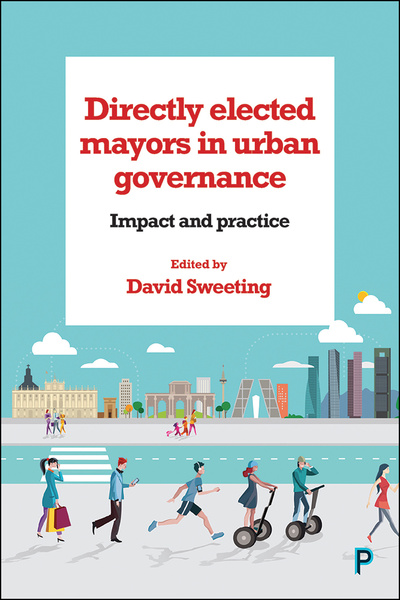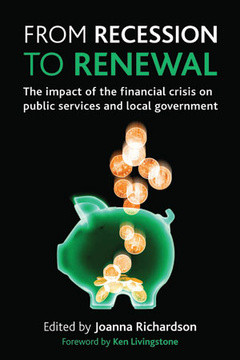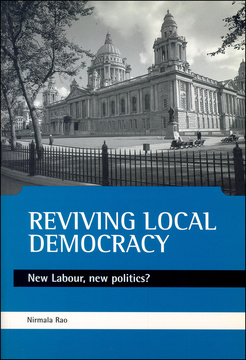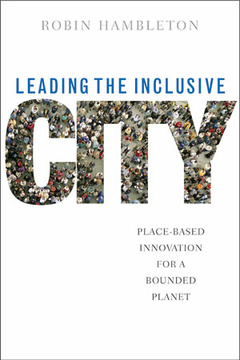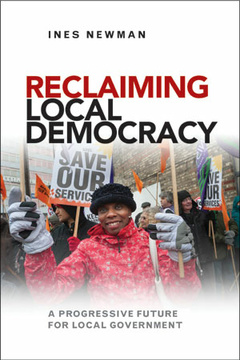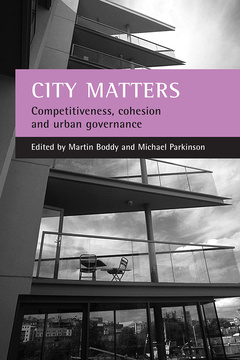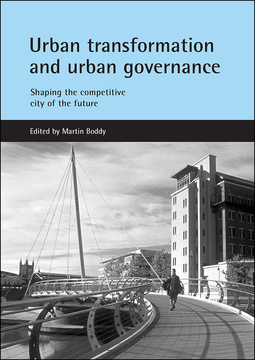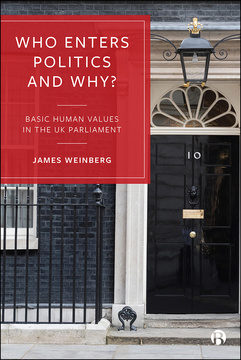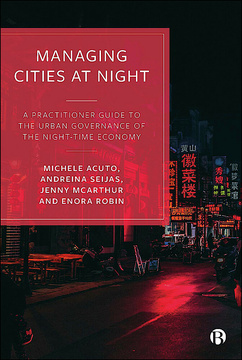Published
Jun 13, 2018Page count
296 pagesISBN
978-1447327028Dimensions
234 x 156 mmImprint
Policy PressPublished
Mar 15, 2017Page count
296 pagesISBN
978-1447327011Dimensions
234 x 156 mmImprint
Policy PressPublished
Mar 15, 2017Page count
296 pagesISBN
978-1447327059Imprint
Policy PressPublished
Mar 15, 2017Page count
296 pagesISBN
978-1447327066Imprint
Policy PressDirectly elected mayors are political leaders who are selected directly by citizens and head multi-functional local government authorities. This book examines the contexts, features and debates around this model of leadership, and how in practice political leadership is exercised through it.
The book draws on examples from Europe, the US, and Australasia to examine the impacts, practices, and debates of mayoral leadership in different cities and countries. Themes that recur throughout include the formal and informal powers that mayors exercise, their relationships with other actors in governance - both inside municipalities and in broader governance networks - and the advantages and disadvantages of the mayoral model.
Both qualitative and quantitative approaches are used to build a picture of views of and on directly elected mayors in different contexts from across the globe. This book will be a valuable resource for those studying or researching public policy, public management, urban studies, politics, law, and planning.
"A timely and important book on a significant development in city governance and regional leadership; everything you need to know about directly elected mayors." Keith Grint, Professor of Public Leadership, Warwick Business School, UK
David Sweeting is Senior Lecturer in Urban Studies at the University of Bristol.
Introduction: Directly elected mayors in urban governance ~ David Sweeting
Part 1: UK perspectives;
Mayoral governance in Bristol: Has it made a difference? ~ David Sweeting and Robin Hambleton;
Assessing the directly elected mayoral model in Bristol, England: An empirical investigation of the contrasting definitions of the role of a directly elected mayor ~ Thom Oliver;
Do mayors make a difference? In their own words… ~ Howard Elcock;
Directly elected mayors: necessary but not sufficient to transform places?: The case of Liverpool ~ Nicola Headlam and Paul Hepburn;
Embracing social responsibilities through local leadership: Comparingthe experience of the mayors of Bristol and Liverpool ~ Nasrul Ismail;
Part 2: International perspectives;
The two worlds of elected mayors in the United States: What type of mayor should cities choose? ~ James H. Svara;
Popular leaders or rats in the ranks?: Political leadership in Australian cities ~ Paul Burton;
Directly elected mayors in New Zealand: The impact of intervening variables on enhanced governing capacity ~ Christine Cheyne;
Directly elected mayors in Germany: Leadership and institutional context ~ Björn Egner;
Breeding-ground for local non-partisanship, bonus for incumbents Directly elected mayors in Poland ~ Adam Gendźwiłł and Paweł Swianiewicz;
Debating directly elected mayors in the Czech Republic: Political games and missing expertise? ~ Petr Jüptner;
Part 3: Comparative perspectives;
New and established mayoralties: Lessons for local governance in constructing new political institutions: The English and Polish cases ~ Colin Copus, Alasdair Blair, Katarzyna Szmigiel-Rawska and Michael Dadd;
Directly elected mayors: a route to progressive urban leadership? ~ Robin Hambleton;
Conclusions and reflections ~ David Sweeting.







